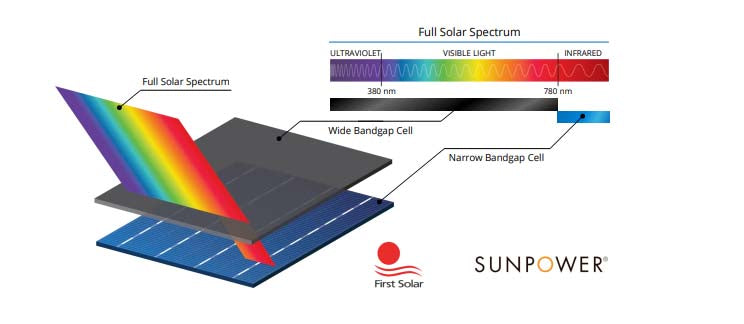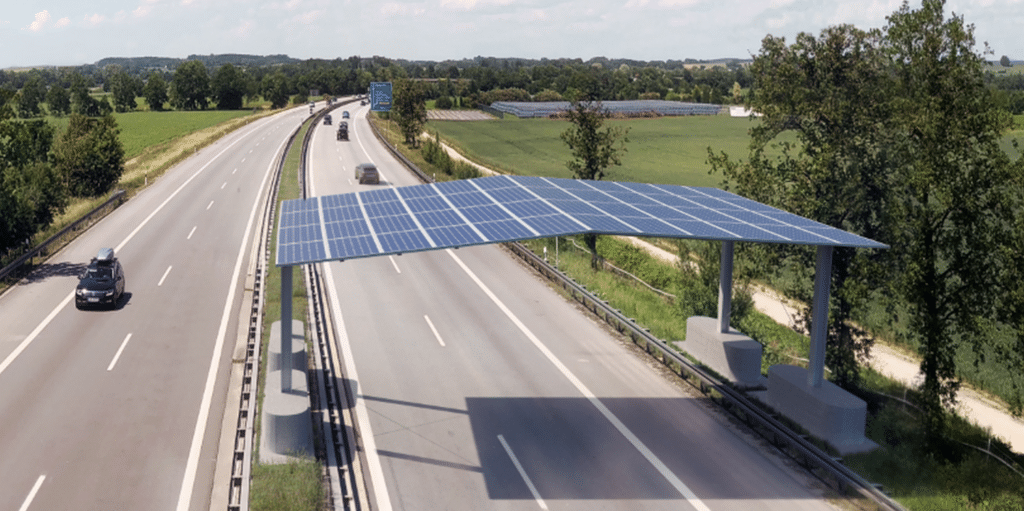https://www.pv-magazine.com/2022/04/01/solarpower-summit-2022-security-and-sustainability/
SolarPower Summit 2022: security and sustainability

Image: SolarPower Europe
SolarPower Summit 2022 took place at the Radisson Hotel in Brussels this week, with a good showing from the industry and the European Commission. As one might expect, the discussions soon became political, as both private and public representatives debated the simultaneous need for more support and less red tape.
They took the summit as an opportunity for discussion and to workshop ideas for the commission’s pending solar strategy. But of course, the Russian invasion and the ongoing war in Ukraine was at the top of every discussion, with a particular focus on the way in which solar and renewables can detach Europe from its dependency on Russian fossil fuels.
In her opening remarks, European Commissioner for Energy Kadri Simson said the summit comes at a “critical” juncture for the continent.
“The energy world has changed drastically in recent weeks,” said Simson. “The events in Ukraine remind us of an uncomfortable truth: we are too reliant on Russian fossil fuels. And as long as we continue like this, we are not fully in control of our energy future. That needs to change. This is not a new priority. It’s a new sense of urgency.”
Reliance on Russia
At the top, SolarPower Europe CEO Walburga Hemetsberger asked how Europe can become independent as quickly as possible. But former energy engineer and European Parliament member for Renew Europe, Emma Wiesner, may have put it best in the opening session when asked just how soon Europe’s extrication from Russian dependency could take place.
“How soon? I would say ‘yesterday.' But obviously it is very hard to change pipelines overnight,” said Wiesner. “What is missing from the current discussion in the EU is that we are still financing the war through our energy payments. We (Renew Europe) are asking for an import ban as soon as possible, but that is currently missing from European leadership. It will be an enormous challenge for the energy landscape but we have the means to do it.”
Wiesner said Europe needs to confront the problem along three time dimensions. In the short term, the European Union needs to be looking for new partners. Over the medium term, it is preparing for the next heating season. And over the long term, Wiesner said that Europe’s energy strategy needed to be “totally reshuffled, off gas and toward renewables.”
She noted that storage would be key. “It is not being scaled at the rate we need. We need to increase storage capacity,” she said.
Throughout the summit, a clear line was drawn between the need to reduce Europe’s dependency on Russian fossil fuels and the rapid acceleration of renewables uptake. As the European Investment Bank’s (EIB) head of renewable energy, Alessandro Boschi, put it, “we are in a unique moment to push for more … there is a sense of priority now, because now we are not just talking about energy security but real security.”
Solar scale-up
“We want maximum solar as soon as possible,” said Mechthild Wörsdörfer, deputy director general of energy for the European Commission, in a discussion of the EU’s Solar Strategy.
But how much in 2022? That was the question Hemetsberger put to the audience in a poll. The majority said that the middle-of-the-road 39GW target is achievable, but much more conservative than the EU’s new dream target of 57GW. From the perspective of the European Parliament, Wiesner said it is “very worrying” that “a room full of experts” don’t think 57GW is possible this year. She ultimately noted that “better policies” are required.
However, Megawatt-X Managing Partner Laurent Segalen said that solar doesn’t need subsidies. “We need to lose our shackles,” he explained.
Segalen pointed to Texas and Australia – two sunny regions whose governments are “climate deniers.” But solar is flourishing in both places without government interference, he claimed. And Segalen’s wish for a more deregulated market, in order to allow renewables to achieve rapid scale-up, was not an isolated one.
Rooftop primacy
Unlike Australia and its expansive renewable energy zones, Europe has few sparsely populated areas, let alone lots of areas with significant irradiation. This is why most indsutry observers agree that Europe’s priority should be the rooftop.
“According to some estimates, solar rooftops could provide almost 25% of the EU’s electricity consumption,” said Simson. “This is more than the share of natural gas today.”
Simson noted that the installation sector is struggling to find enough skilled workers, but the commission is determined to help with that. “Our solar strategy will cover this point,” she said. “But I also know that you need the skilled workers now, not in four or five years.”
Popular content
Many countries were already dealing with a massive worker shortage, particularly for installers, in the renewable energy industry. Schmela noted that in some markets, including Poland, “many of the installers were Ukrainian and have now returned to fight.”
Wörsdörfer, meanwhile, said the industry also needs to make green jobs more economically attractive.
Innovation imperative
However, when it came to the need for a much stronger, more sustainable EU manufacturing market, there was broad consensus.
“We don’t want to go from one dependency (Russia) to another (China),” said SolarPower Europe Director of Market Intelligence Michael Schmela. That said, the European Commission’s Director for Mobility and Energy Intensive industries, Joaquim Nunes de Almeida argued that “security of supply is something that will be with us for years to come.”
Nonetheless, Almeida said that everyone is on the same page when it comes to recognizing the direct link between European manufacturing sustainability and European security. “The more we decarbonize, the more resilient we become,” he said.
Everyone agrees that European manufacturing will not be able to compete with Chinese competitors on price. Instead, Europe’s strength is innovation. “I think it’s about new technology if Europe is going to get back in the game,” said Boschi, “it requires innovation.”
Enel Green Power CEO Salvatore Bernabei said that Europe must be the first mover on new technology. “Finally we have understood we can’t have dependency,” he said.
However, Wacker Chemie AG's polysilicon division president, Tobias Brandis, warned about problems ahead if a sustainable European manufacturing chain isn’t established.
“We are stepping right into the next dependency” said Brandis. “Now is the window … We need to be bold … we don’t expect prices to mirror western China, but we need a decent energy price that is reliable.”
Diego Pavia, EIT InnoEnergy’s CEO, argued that there is consumer appetite in Europe for premium European products. “We will never be able to compete with China on cost,” said Pavia. “But the demand side is willing to pay a premium for EU manufacture … there is appetite.”
Permitting problems
“Permitting is the elephant in the room,” said said SolarPower Europe Director of Market Intelligence Michael Schmela.
And indeed, it is an elephant few knew how to handle. The permitting process should take approximately two years, but in a lot of member states, the time frame is typically three to five years. That said, European Commission Head of DG Energy Lukasz Kolinski argued that “most barriers are at the national level.”
Alexandre Roesch, CEO of France’s Syndicat des Energies Renouvelables, agreed that member states haven’t stuck to the the two-year timeline.
“Probably because they can’t deliver, and this is for lack of human resources,” said Roesch. “We are far too understaffed in the office in charge of permits, it’s a national issue in France.”
SolarPower Europe submitted its own proposal at the event as the European Commission prepares its new solar strategy, which will be released in the coming months. But what was clear from the conclusion of the SolarPower Summit 2022 event is that Europe’s energy future rests on the dual pillars of sustainability and security.
This content is protected by copyright and may not be reused. If you want to cooperate with us and would like to reuse some of our content, please contact: editors@pv-magazine.com.




